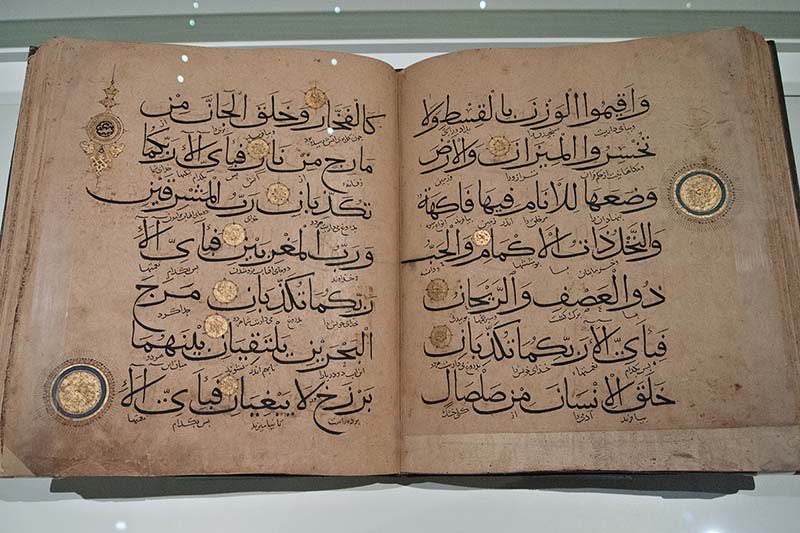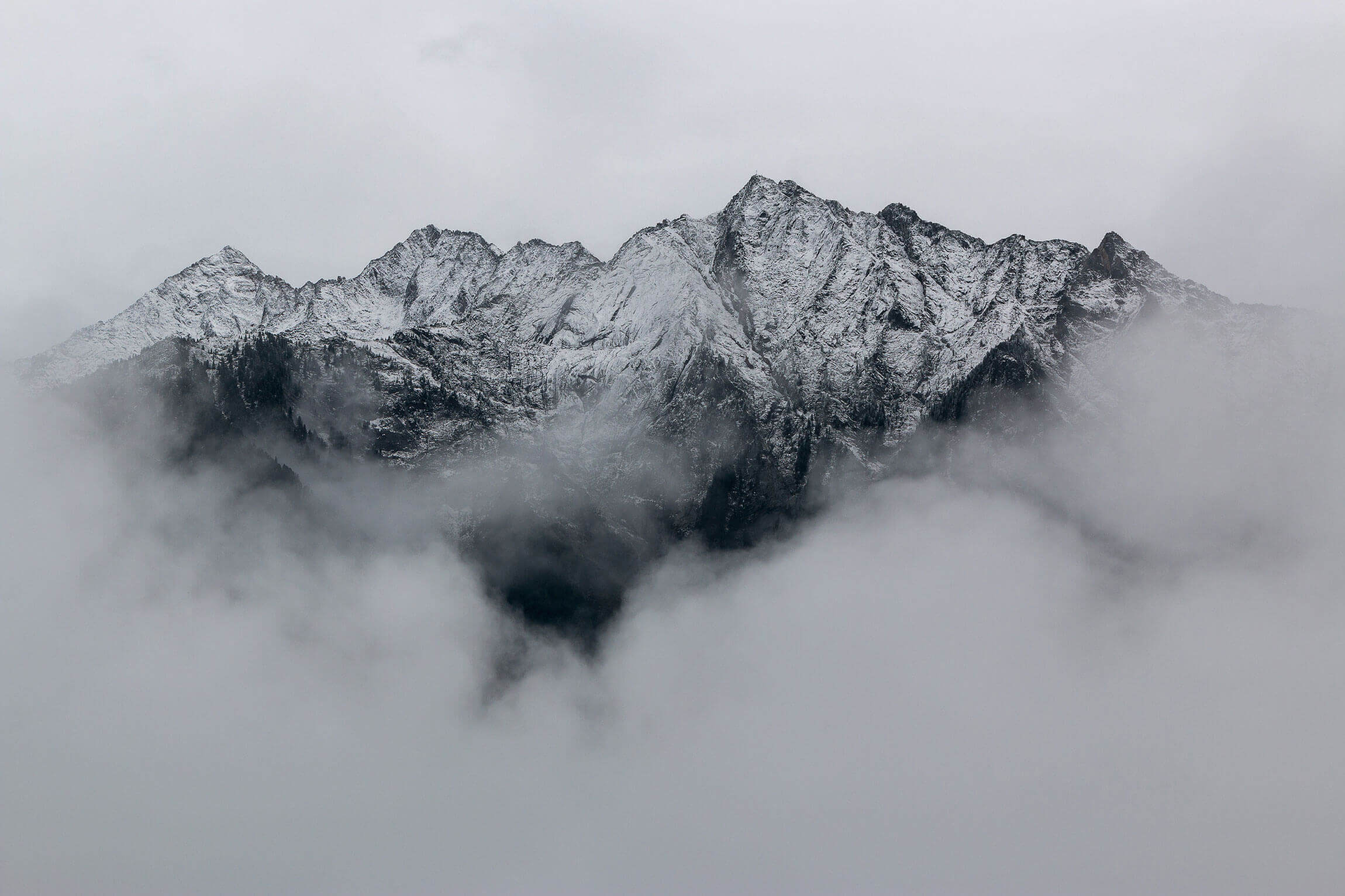
Praying to God is simply talking to Him. It is the prime
means of communication with your Lord, the Creator
of the universe and all beings. In order to feel that God
is close to you, put your heart, emotions and feelings in
your supplication. Worship without supplication does not
provide a warm or hot connection with God.
Use the language that you are comfortable with. Ask Him for
guidance and support. He will respond to sincere callers.
And when My servants ask you [O Muhammad] about
Me, indeed I am near.
I respond to the supplication of the caller when he calls
upon Me. So let them respond to Me by obedience and
believe in Me that they may be rightly guided.
Quran, 2:186
Supplication relieves the heart, alleviates worry and removes
distress. It from affliction and eases a persons affairs.
Supplication is an act of obedience to God that protects us
from arrogance. It signifies our acknowledgment of God's
ability and our inability.
And your Lord said: Supplicate to Me, I shall answer
you. Indeed, those who are disdainful of my worship,
shall enter Hell in humiliation.
Quran,40:60
God likes us to call him and have faith in Him. Supplication
is a sign of having true faith in God because it is an admission
of His lordship and divine attributes.
God is All-Seeing and All-Listening. He is the Merciful,
the Giver, the Gracious, the Loving, the Compassionate,
the Pardoner and the Forgiving. He has the most beautiful
names and attributes.
Prophet Muhammad said:
“There is nothing more noble before God than
supplication” [Sunan al-Tirmidhi (3370) and Sunan Ibn Majah
(3829)].
He also said:
“No one beseeches God in supplication except that he
receives from God what he asked for.Otherwise, God will
prevent him from being afflicted with a harm equivalent to
what he asked for in magnitude, as long as he does not ask
for something sinful or the breaking of blood ties”.
[Sunan al-Tirmidhi (3381)].
The Quran mentions the supplications of the righteous people as well as the supplications of prophets and messengers.
-
Supplication of the followers of Jesus
…Our Lord! Make us not subject to the persecution of the wrongdoing people and save us by Your mercy from the disbelieving people.
Quran, 10:85-86 -
Supplication of the children of Israel
The disciples said: "Our Lord, we have believed in the Message You revealed and we have followed your Messenger [Jesus], so write us down among the witnesses [to truth]".
Quran, 3:53 -
Supplication of the people of the cave
(known in the literature as the seven sleepers)
When the youths retreated to the cave and said: "Our Lord, grant us mercy from your providence and furnish us with the right guidance to dispose our affairs."
Quran, 18:10 -
Supplication of the righteous
Our Lord! Let not our hearts deviate after You have guided us and grant us from Yourself mercy. Indeed, You are the Bestower. Our Lord, surely You will gather the people for a Day about which there is no doubt. Allah does not fail in His promise.
Quran, 3:8-9God does not impose on any soul a responsibility beyond its ability. Every soul receives whatever it gains and is liable for whatever it does.
Our Lord! Do not impose blame upon us if we have forgotten or went wrong. Our Lord! Do not lay upon us the burden that You laid on those who lived before us. O Our Lord! Do not impose on us what we cannot afford. Pardon us; forgive us; and have mercy upon us. You are our protector, so give us victory over the disbelieving people.
Quran, 2:286

Saint Anna, Mother of Mary
“When the wife of Imran said: “My Lord, indeed I have pledged to You what is in my womb, devoted for Your service, so accept this from me. Indeed, You are the Hearing, the Knowing."
Quran, 3:35
Job
with hardships. Have mercy on me; You are the Most Merciful of those who have mercy". So We responded to him and removed what afflicted him of adversity. And We gave him [back] his family and the like thereof with them, as mercy from Us and a reminder for the worshippers [of God].
Quran, 21:83-84

Abraham
After a dialogue with the unbelievers, Abraham supplicates to God
And recite to them the story of Abraham. When he said to his father and his people, “What do you worship?" They said: "We worship idols and remain to them devoted." He said: “Do they hear you when you supplicate? Or do they benefit or harm you?" They said: “But we found our fathers so doing".
He said: “Then do you see what you have been worshipping? You and your ancient forefathers? Indeed, they are enemies to me, except the Lord of the worlds Who created me.
And it is He who guides me. And it is He who gives me food and drink. And when I am ill, it is He who cures me. It is He who causes me to die and will bring me back to life. And who I hope that He will forgive my sins on the Day of Recompense.
And it is He who guides me. And it is He who gives me food and drink. And when I am ill, it is He who cures me. It is He who causes me to die and will bring me back to life. And who I hope that He will forgive my sins on the Day of Recompense.
Grant me wise judgment and join me with the righteous. And grant me a reputation of honor among later generations. And place me among the inheritors of the Garden of Pleasure.
And forgive my father. Indeed, he has been of those astray. And do not disgrace me on the Day of resurrection. The Day when wealth or children will not benefit anyone, except the one who comes to Allah with a sound heart."
Quran, 26:69-89

Arabic calligraphy for the Lord's Prayer, also called the Our Father prayer. It is a venerated Christian prayer that was taught by Jesus to his disciples. Christians start and end their prayers with it.
Our Father in heaven, hallowed be your name. Your kingdom come, Your will be done, on earth, as it is in heaven.
Give us this day our daily bread, and forgive us our debts as we also have forgiven who is indebted to us.
And lead us not into temptation, but deliver us from evil. For the kingdom, the power, and the glory are yours now and forever. Amen.s
Note: Muslims agree to the content of this prayer except for the word "father". Because the word father indicates that God has children. Islam completely negates this approach. It teaches that God is our Lord and people are His servants not His children.

Arabic calligraphy for the first chapter in the Quran. It is called "Al-Fatiha" i.e. the Opener (pronounced Al-Faatiha). Muslims recite it in their five daily prayers
In the name of God, The most Merciful, the most Compassionate
Praise be to Allah, the Lord of the worlds The most merciful, the most compassionate, The owner of the Day of Judgment It is you alone we worship and it is you alone we ask for help. Guide us to the straight path
The path of those whom you bestowed your grace, not those who earned your anger and not those who fall astray.
Quran, 1:1-7
Note: This Surah or chapter is also called the "Mother of the Book". When you recite it you acknowledge that Allah is our God and Lord. He alone we worship and from He alone we seek help.



